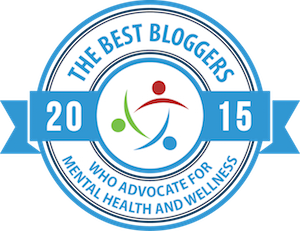Today is World Suicide Prevention Day, so it seems appropriate to share this with you today: Yesterday I did an interview for a news outlet about why it’s important to talk about postpartum depression in the context of maternal suicide. You can see that interview and the rest of their reporting on the Global News website.
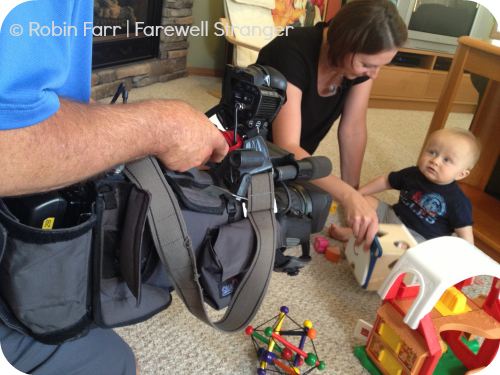
The interview was prompted by a Canadian Medical Association Journal article about why it’s time to put maternal suicide under the microscope, which, in turn, was prompted by the case of Winnipeg mother Lisa Gibson who, it appears, killed her two small children and then herself and was said to have been suffering from postpartum depression. There are a few things I want to say about this issue and my interview with Global News.
I’ll start with this: Women like Lisa Gibson who kill their children are not monsters. That’s a bold statement, but I really believe that to be true. In fact, let’s make it a bolder statement:
Women suffering from postpartum mood disorders who kill their children are not monsters.
Some of you are already in fits of rage, but hear me out. I don’t want to change your mind about this, because it’s such an emotional topic and I totally get that, but I do want to be able to have a conversation about it. I’ll share my thoughts and I welcome yours in the comments.
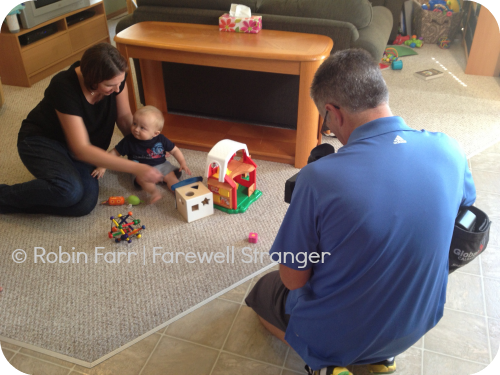
First, women who do this are not suffering from your typical depression. Generally they are suffering from postpartum psychosis, which is as scary as it sounds. Some very brave women have shared their stories of postpartum psychosis and the completely unreal, not-based-in-real-life things they believed. Women like Jenni, who shared that she saw:
“…a figure, a dwarfish figure – a dark, person-shaped creature that scurried toward the bassinet, saw me, and darted away.”
Jenni thought it was this figure—instead of colic—that was responsible for her newborn’s crying.
And then there’s Heather, whose story I’ve shared before. Heather described finding herself naked on the side of a DC highway:
“When helicopters flew overhead, I was convinced the world was going to end and that presidential nominees Barack Obama and John McCain were headed to DC to join forces and save the world. I thought of a few ways I could help save the world: My husband and I could kill each other. Or we could kill our children. Or my parents…”
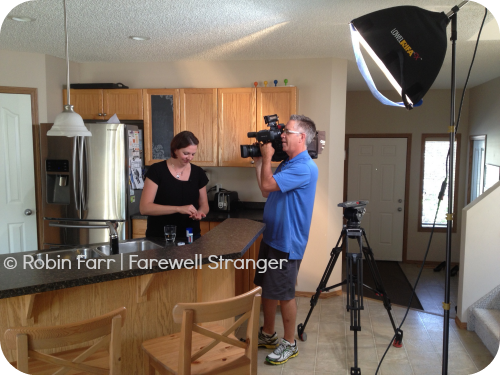
So: Women like Heather do not have murderous motives. Often they truly believe killing their children is necessary for reasons that don’t make any sense in the real world. For others it’s less like a plot from a dramatic Hollywood blockbuster and more that they believe their children would be better without them as a mother. Don’t try to make sense of it. It’s psychosis. And until we make it okay to say, “I’m not okay,” and to make it better, easier, not-terrifying for mothers to ask for help, this is going to keep happening.
We need to make it okay to ask for help.
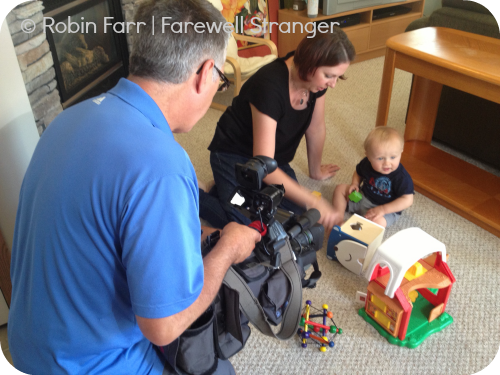
And that’s why I did the interview. The news clip, of course, includes mere seconds of what was a much longer conversation and if you’re familiar with my story then you haven’t missed much. But the clip also focused on medication – partly because it’s a visual associated with the topic and partly, I suspect, because it’s sort of shocking. (Serious? Clearly associated with mental illness, in any case.) And while medication is one of the things I credit with helping me finally recover, it’s not the only option and it’s not what works for everyone.
The point I wanted to make, essentially, was this: Ask for help. You’re not alone. Postpartum depression is shockingly common and you’re not the only one and it doesn’t make you a bad mother. There are options, and whether you’re hiding in the bathroom crying or formulating a plan to take your own life, you can get help. There is another way.
Please, ask for help.
It’s going to be okay.
SUICIDE AND CRISIS RESOURCES
If you (or someone you know) is thinking about hurting yourself or your children, get help.
Canada: Crisis centres in Canada: http://www.suicideprevention.ca/in-crisis-now/find-a-crisis-centre-now/
US – National Suicide Prevention Lifeline: 1-800-273-8255
International: http://www.suicide.org/international-suicide-hotlines.html
And remember, you don’t have to be suicidal to call a hotline. If you need to talk to someone, call. You can also go to the nearest emergency room to ask for help.














